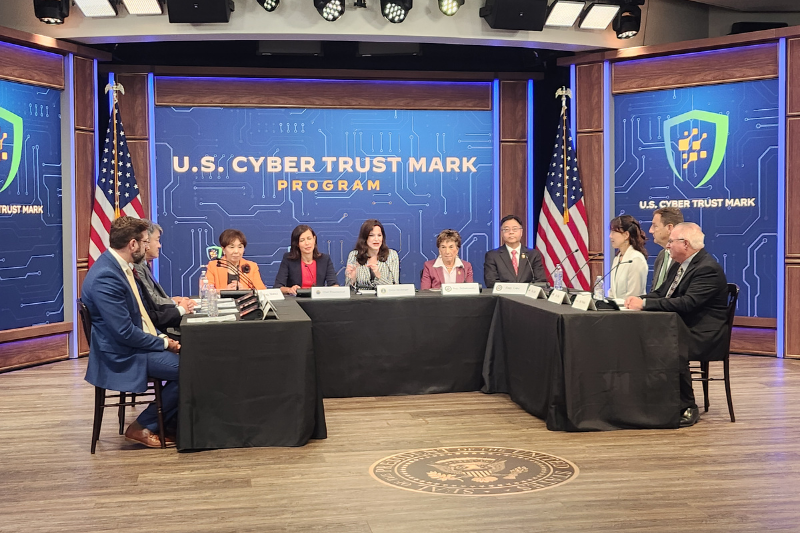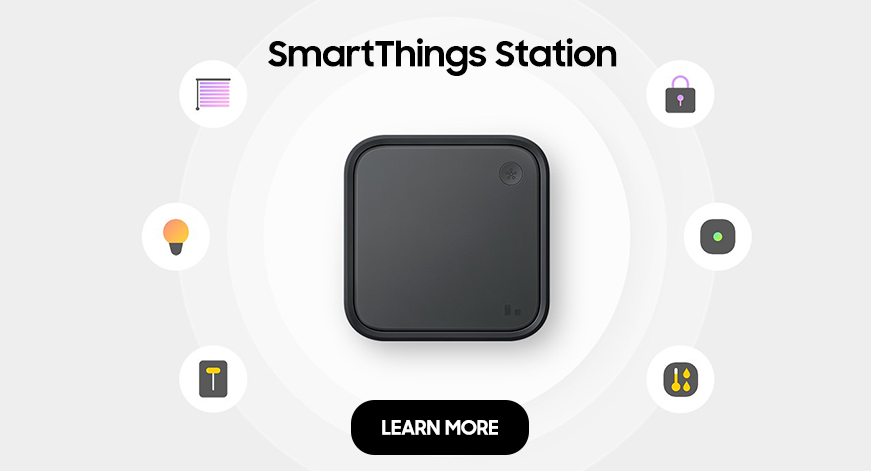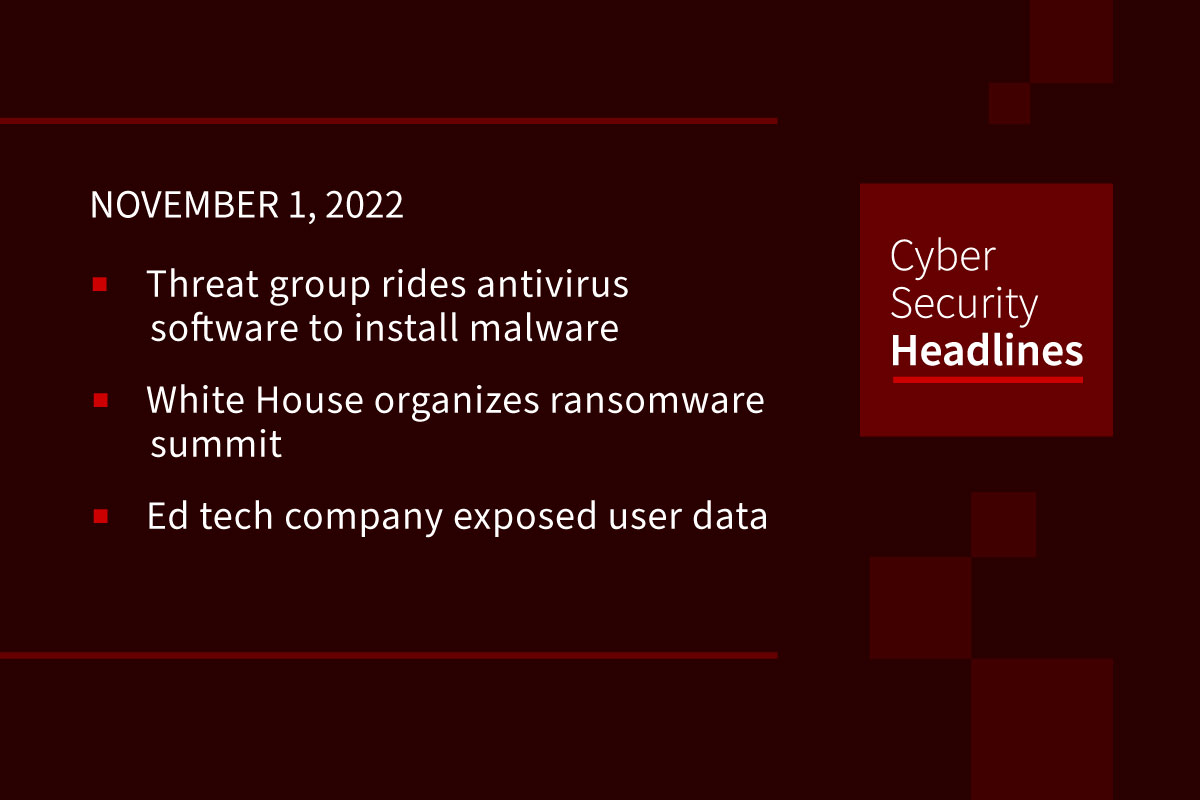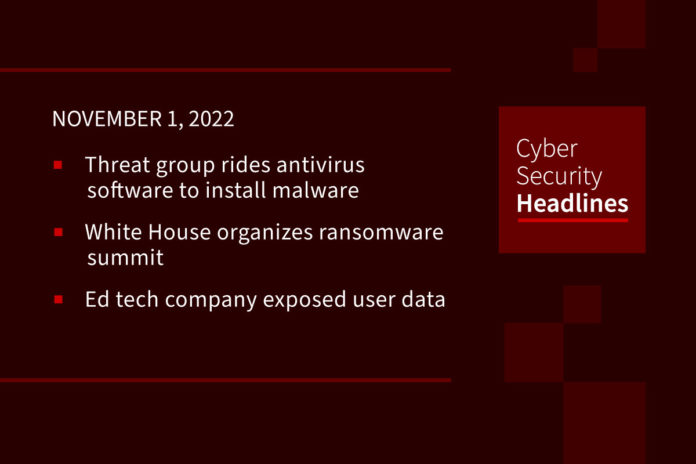Biden Worries House Tumult Could Disrupt U.S. Aid to Ukraine: Live Updates
President Volodymyr Zelensky of Ukraine arrived in Spain on Thursday to participate in a European summit aimed at strengthening cooperation across the continent amid concerns about waning support for his country as it faces another winter of Russian aggression.
The Ukrainian leader’s trip to the southern Spanish city of Granada came a day after President Biden expressed worries that the recent political turmoil in Congress could disrupt the flow of U.S. aid to Ukraine.
“I think it’s too late for us to worry. I think we have to work on it,” Mr. Zelensky told reporters at the summit when asked if he was concerned about a possible scaling back of U.S. military aid.
He said that he was confident that the United States would continue to support Ukraine’s war efforts, noting that meetings with Mr. Biden and with Congress members last month were positive.
Mr. Zelensky earlier said that the “joint goal” of those gathering in Granada was “to ensure the security and stability of our common European home.”
“We will pay special attention to the Black Sea region as well as our joint efforts to strengthen global food security and freedom of navigation,” he wrote on X, formerly Twitter. “Ukraine’s key priority, particularly as winter approaches, is to strengthen air defense.”
E.U. leaders are expected to discuss long-term financial aid for Ukraine at a summit planned later this month in Brussels. On Thursday, Ursula von der Leyen, the president of the European Commission, told reporters in Granada that what Ukraine needed was “predictability and reliability” on direct budget support.
“I’m very confident of support for Ukraine from the United States,” she said. “What the United States is working on is the timing.”
Thursday’s meeting in Grenada comes amid concerns about potential cracks in Europe’s united front on Ukraine, as governments reckon with the economic and political costs of providing long-term support for Kyiv.
It is just the third meeting of the European Political Community, a…





